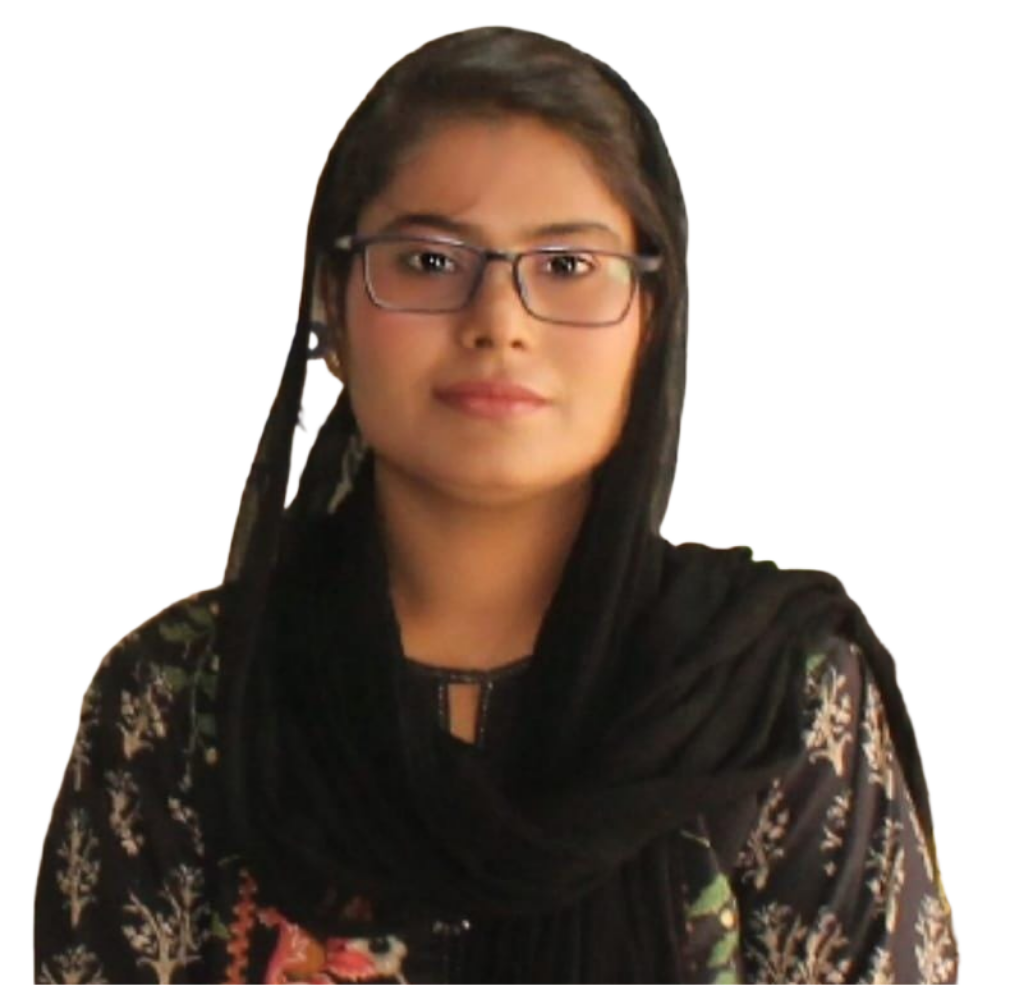
Male rape: ignored reality
Rape is often framed as a women’s issue— rightfully so—but it also remains a harrowing reality for men, one that society systematically ignores. Official reports record a mere 45 cases per year, a deceptive figure masking countless unreported assaults hidden behind closed doors. Obtaining precise statistics is nearly impossible due to widespread underreporting, societal stigma, and limited research, all of which contribute to an easy and deliberate ignorance. For male survivors, escaping unscathed—free from judgment and scrutiny—becomes an unattainable fantasy. The weight of blame clings to them, yet another unwanted hand violating their autonomy.
The persevering idea of masculinity forces many survivors into silence. In a culture where even the notion of speaking out houses scrutiny and proves to be an invitation to be ridiculed, silence seems preferable to the burden of accusations and the hollow promise of justice. Those who do step forward face the brutal reality of a system that simply refuses to work in their favour. The absence of serious discourse reinforces the dangerous misconception that male rape is rare, if not nonexistent. Every unwilling hand feeds into the cycle of dismissal, strengthening the unspoken narrative meant to perch the assailants.
Victim-blaming acts as a second assault, deepening wounds and erecting psychological barriers that hold back survivors from seeking justice. The weaponisation of strength—society’s insistence that a “real man” should be able to protect himself—tightens like a noose around their identities.In Pakistan, where cultural, tribal and religious conventions idolise hyper-masculinity, such comments intensify shame and self-doubt and compel survivors to bear guilt for an atrocity perpetrated against them.
The widespread conviction that a man cannot be overpowered or raped forces victims into isolation, making them turn inward and blame themselves. Fingers pointed in the wrong direction don’t just hurt people, they fuel an endless cycle of silence, dismissal and impunity.
Silence, in the end, is the easiest path. For many, the prospect of fighting for justice feels futile—a battle against insincere acknowledgment and a system unwilling to listen. But this silence isn’t only damaging to survivors. It encourages the ones doing it, giving them the license to act with impunity. In Pakistan, legal and cultural hurdles dissuade males from reporting and create a voyeuristic atmosphere that allows abuse to grow unabated. There are many taboos in society that predators are able to exploit when they know they will not be exposed because there is no accountability for the abuse of the people they come into contact with. Each unacknowledged case denies justice to the survivor and to many others — to the next potential victim who does not deserve the same fate.
The silence surrounding male rape echoes beyond individual cases—it signals the slow erosion of an entire generation. A society that refuses to protect or even acknowledge its most vulnerable is one that invites further violence, exploitation, and decay. Each crime gone unpunished strengthens the foundation for others to follow, weaving a web of injustice to thrive unapologetically. The once loud voices of Pakistan’s youth—its supposed backbone—are now mere whispers, drained of all hope and drowned in disillusionment. The silence of today is not just a symptom of the problem; it is the harbinger of a nation slowly unraveling under the weight of its own refusal to confront its darkest truths.








